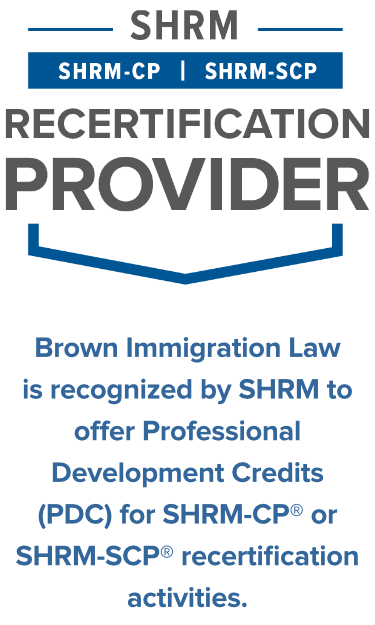Temporary Residence
For individuals from specific countries, a Temporary Resident Visa is not mandatory for entry into Canada. However, an Electronic Travel Authorization may be required before boarding a flight to Canada. Foreign nationals hailing from other countries must secure a Temporary Resident Visa before embarking on their journey to Canada.
Business professionals visiting Canada for international business activities may do so without the need for a work permit. Approved activities encompass participation in meetings, seminars, conferences, and the provision of specified contractual after-sales services. While some business visitors may still require a Temporary Resident Visa, all are required to declare the purpose of their visit upon entry at the port.
Certain individuals entering Canada for short-term, highly skilled, hands-on work may qualify for a work permit exemption under the Global Skills Strategy (GSS). Eligible candidates must hold a highly skilled position and seek entry for a maximum of either fifteen consecutive days within a six-month period or thirty consecutive days within a twelve-month period. Additionally, researchers meeting specific criteria may qualify for a work permit exemption, allowing entry for 120 consecutive days within a twelve-month period, depending on the location of their research.
Applicants seeking entry under the GSS short-term work-permit exemptions must obtain a Visitor Record for the required period in Canada. It’s crucial to note that these visitor records cannot be extended. Should additional time be needed to fulfill work obligations, individuals may apply for a work permit or await the lapse of the applicable six- or twelve-month period before re-entering Canada under this work permit exemption category.
The Temporary Foreign Worker Program serves as a final recourse for employers encountering challenges in recruiting qualified Canadians and Permanent Residents.
Generally, the program employs a Labour Market Impact Assessment, incorporating meticulous advertising and recruiting criteria alongside other compliance obligations. This intricate process has been a longstanding source of challenges and complications for Canadian employers. Lack of experience in navigating this system can substantially hinder their staffing requirements, causing setbacks that may persist for years. With our expertise, we can guide you through this complex process, ensuring a smoother path to meet your staffing needs.
The Global Talent Stream is one of the LMIA programs exempt from advertising requirements. It serves as a vital conduit for innovative Canadian firms to tap into a pool of highly skilled global talent. Specifically tailored for companies referred to Employment and Social Development Canada by designated referral partners, this stream is crafted to cater to the needs of firms aiming for growth through the recruitment of skilled and specialized foreign nationals.
This streamlined process is also beneficial for firms seeking to fill in-demand, highly skilled positions listed on the Global Talent Occupations List. By facilitating access to top-tier international talent, the Global Talent Stream becomes an invaluable resource for companies striving to stay at the forefront of innovation and competitiveness in the Canadian market.
The International Mobility Program offers a plethora of work permit categories that allow employers to hire temporary foreign workers without having to submit a Labour Market Impact Assessment (LMIA) request. The IMP includes well over 70 work permit categories, including intra-company transfers and certain free-trade agreement work permit categories (e.g., CUSMA).
Employers engaged in the Foreign Worker Program (TFWP) or the International Mobility Program (IMP) must adhere to immigration compliance and enforcement measures. As part of these efforts, 25% of workplaces employing foreign nationals may undergo compliance reviews and inspections.
To heighten accountability, the introduction of Administrative Monetary Penalties (AMPs) increases the risk exposure for workplaces employing foreign nationals. AMPs represent a prevailing regulatory compliance mechanism, empowering regulatory bodies to impose monetary penalties for instances of non-compliance, often without the need for formal proceedings. Staying informed and compliant with these regulations is essential to mitigate potential risks associated with workforce immigration.



